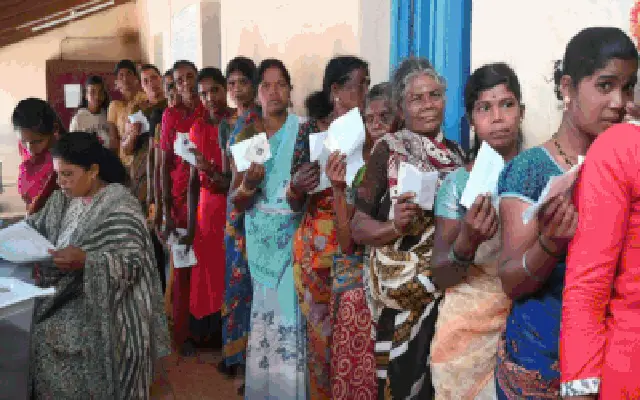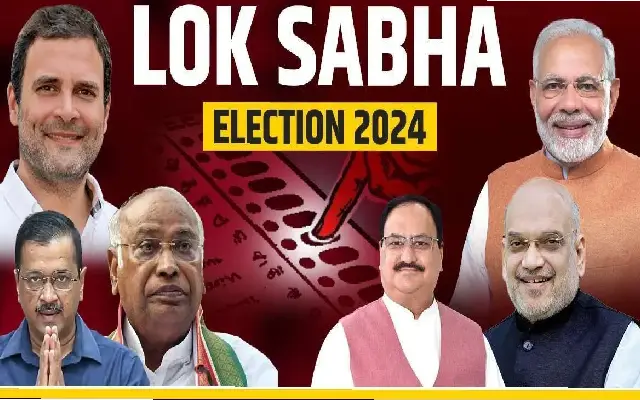
Providing a novel set of regulations for all social media platforms such as WhatsApp, Facebook and Twitter, the Information Technology New Intermediary Rules and Digital Media Ethic Code Rules 2021 bring about many modifications to the working of such online sites.
The rules are set to apply to different sets of publishers on online new media; the news and current affairs publishers, news aggregators, significant social media intermediary, and the curated content publishers. The formulation of these new rules comes as a result of various user grievances going either unnoticed, unheard or unsolved. The journalistic code of conduct prescribed by the Press Council of India will have to be adhered to by the former categories while the basic Code of Ethics should be followed by the latter. The Code of Ethics comes as an establishment to avoid circumstances of legal persuasion of sensitive cases. They will also be monitored by the self-regulated body which would compel the intermediary to deal with the grievance and help provide a just decision that would be intimidated to the user. This self-regulated body will emerge as a resort to sort out the issue if the intermediary will not address the issue well within 15 days. Along with this, a tri-level redressal system is established under the new rules.
Neeraj Dubey and his co-authors in an article explain about the rules, “the body also has the power to issue guidance or advisories to the publishers, ‘warning, censuring, admonishing or reprimanding’ them or requiring an apology, warning card or a disclaimer from the publisher.”
Hence, the new regulations for social media demands to break open the end-to-end encryption policy to track the original senders or ‘first originators’ of messages. Not only would the firms of such social media have to authorise offices with senior officials but also send their modified policies to law enforcement officials. In an article by Dashveenjit Kaur for TECHWIRE Asia, it was mentioned that former Justice Minister Ravi Shankar Prasad had asserted the taking down of content that is unlawful, misleading and violent within 24 hours by the respective social media platform. Same goes with content that is explicitly sexual. Grievance Redressal Officers (GRO) would be appointed to empower common users of such platforms to vocalise their concerns and issues.
With WhatsApp, Youtube, Facebook and Instagram garnering millions of users, making India one of its largest profit-making countries to function in, the new rules surely bring about a greater impact. They will have to make critical modifications in their policies to adhere to the constitutional laws, although Section 79 provides enough and more protection to the social media firms. This section contains the provision in the favour of companies, given they just act as a medium or a messenger between two users – in other words, function as the main purpose of its very basic aim of creation. Aashish Aryan for The Indian Express writes, “the protection accorded under Section 79, however, is not granted if the intermediary, despite being informed or notified by the government or its agencies, does not immediately disable access to the material under question.”
While many retort back to these new rules which, while read in detailed documented form published by the Government of India, signify loopholes in certain provisions, some claim that the issue is still unsolved, given the privacy policy of these social media platforms. While these new rules apply directly to the working of social media platforms to all its users, the point of enhancing the power of users and their voices still remains determined by the factors of access and affordability. Although Section 79 provides legal protection given the intermediaries do not tamper with the messages or contents of the user and will not be held liable for any third party information or data, the intermediaries would lose its immunity “if upon receiving actual knowledge or on being notified that any information, data or communication link residing in or connected to a computer resource controlled by it is being used to commit an unlawful act and it fails to expeditiously remove or disable access to that material,” writes Suraj for R&A Associates.
On the other hand, the intermediaries have criticised the Act since it would be rather difficult to take down posts and deal with every other grievance within 36 hours of its registration. After this, the Government of India reconsidered and gave another provision which led to further ambiguity in the system, giving the intermediaries 30 days’ time to deal with grievances and complaints. In context, the definition of redressal and complaints have remained vague with absence of no proper guidelines to consider any issue as a ‘certified’ grievance. With such positive and negative takeaways from the new rules for social media, a lot are wondering if it aims to empower the users or cause financial damage to the platforms or regulate in the name of ‘convenient administration.’
Image Source IANS

















